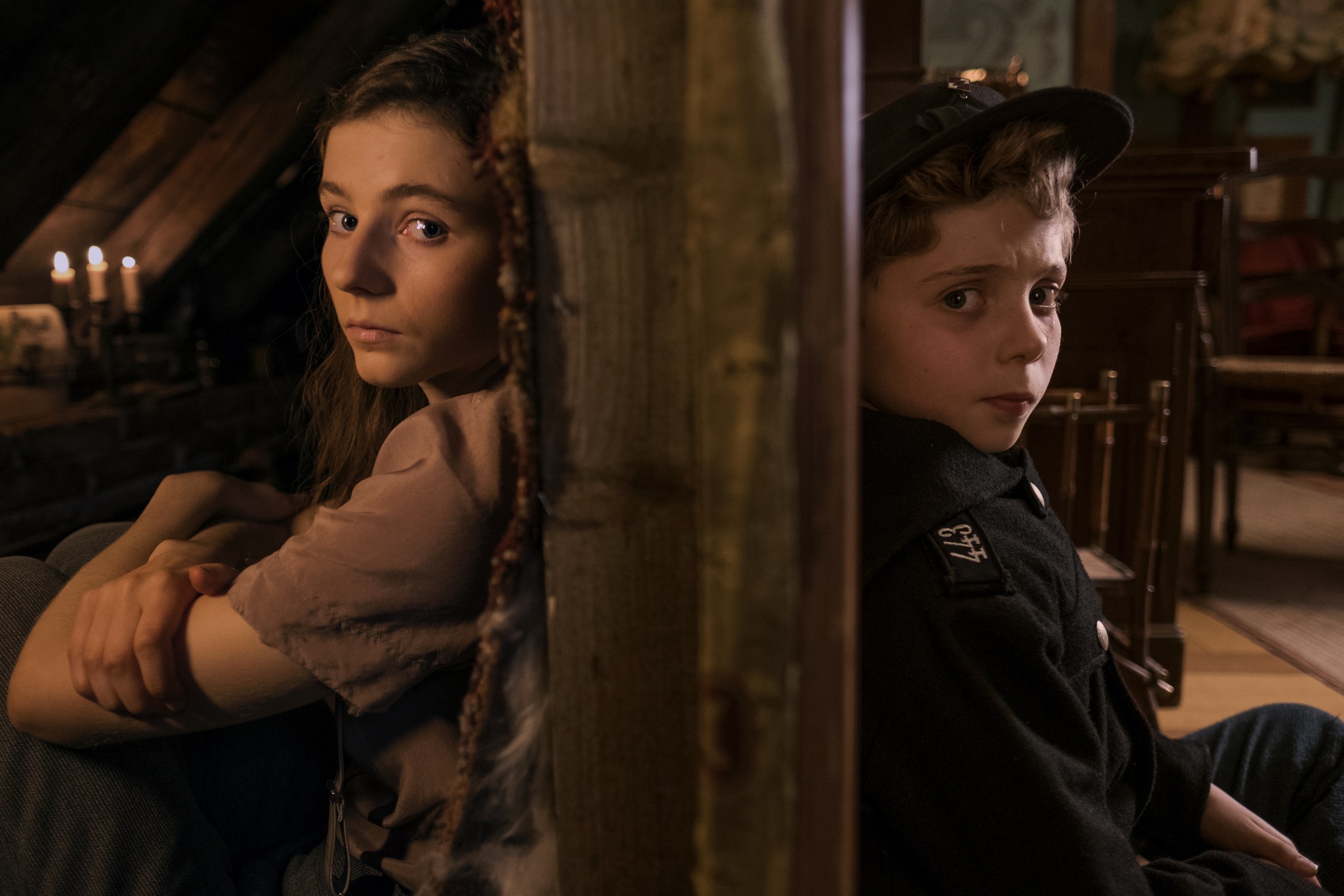I Can’t Stop Thinking About “Jojo Rabbit”: Here’s Why
For Waititi’s film being framed as a comedy in the trailers, imagine my surprise when the film also told a coming-of-age story of a young boy learning about manhood and morality through a satricial World War II narrative.
I was expecting to only laugh, but got to laugh and cry along with the characters. The film is funny, in true Waititi fashion, but as usual, there is so much more beyond that which makes “Jojo Rabbit” a film that you can’t quite forget.
“Jojo Rabbit”, based on a novel by Christine Leunens called “Caging Skies” tells the story of a young boy growing up with his mother during World War II. The boy, Jojo, joins a Hitler Youth Camp, where he is to learn war survival skills. With his father away at war and the looming threat of war coming to the home front, Jojo manifests his own emotions and deals with his morals through an imaginary friend, which spoiler (though it is in the trailer) happens to be Adolf Hitler.
Jojo must learn how to deal with the world through interactions with his mother, Rosie, his youth camp, imaginary Hitler, and soon enough, a Jewish girl hiding in his deceased sister’s room.
The thing that draws me in most to the film is the use of color in the cinematography. The film is meant to be whimsical, and the pastel palette allows for that tone to be set without a single word being said. It’s really gorgeous, and that vibrant turquoise colored door juxtaposed with the warm colored streets in the final scene will be ingrained into my mind for a good amount of time.
While the whimsical tone of the film reflects the imagination and naivety of Jojo, I’d choose a whimsical satire piece on war over the grotesque realism we’ve been seeing for so long in theaters. The film is truly visually pleasing, but if that’s not enough for you, it offers so much more.
“Jojo Rabbit” exposes and attempts to demystify toxic masculinity. Although exaggerated and satirical, the expectations for boys to throw grenades, shoot a gun at age ten, or wring a rabbit’s neck without remorse proves to be heavy expectations that take a toll on young boys like Jojo. The thought for men to go to war and prove themselves manly is a thread that weaves throughout the film narrative, but is also found way too often in our own society. Men throw themselves into violence too often in order to prove themselves a man in the eyes of society and other men. Seeing a version of this in the scope of war exposes how ridiculous, but also harmful these expectations can be on men starting at such a young age.
The writing in the film is also wonderful. You feel for the characters, laugh with them, cry with them, as any good film allows. There’s enough humor and grim undertones that intertwine seamlessly as the plot progresses and while worried, we see Jojo figure out his own set of morals and what it means to him to be a strong boy.
We watch as he battles with the idea of the Jewish girl in his home, his mother keeping her safe and his Hitler youth camp telling him Jews were born from the devil. As he learns kindness and acceptance in true ten-year old boy fashion, we sympathize in his efforts to find empathy for this girl he is told to be afraid of.
There has been some backlash for Waititi playing Hitler in “Jojo Rabbit,” but he responded saying that doing so was the biggest “middle finger to Hitler,” he told Deadline, as Waititi himself is an Australian Indigenous Jew. Strange to see him portrayed on the big screen while throwing himself out windows, but the use of him as an imaginary friend and vehicle for Jojo to grow up and learn who he is as a person was integral. Putting himself in the father’s place, Waititi as the dictator often played devil’s advocate against Jojo, but also added humor in a way that constantly reminded us that it was satire to show a boy growing up in this age.
Waititi and “Jojo Rabbit” went home with an Oscar for best adapted screenplay this past month. I often enjoy films and will say they were good, but there are few that I say changed me and the way I view film. “Jojo Rabbit” is one of them, and has been stuck inside my head ever since I saw it at the Roxy.
The ability to incorporate so many film expertise while telling a beautiful story that anybody can relate to even if it was set in much different times is a feat, and Waititi was able to do just that. Please, go see “Jojo Rabbit”, I implore you. In the same fashion Waititi ends the film, I leave you with this from Rilke:
“Let everything happen to you- beauty and terror. Just keep going; no feeling is final.”
Rating 9.5 letters to Nathan out of 10



